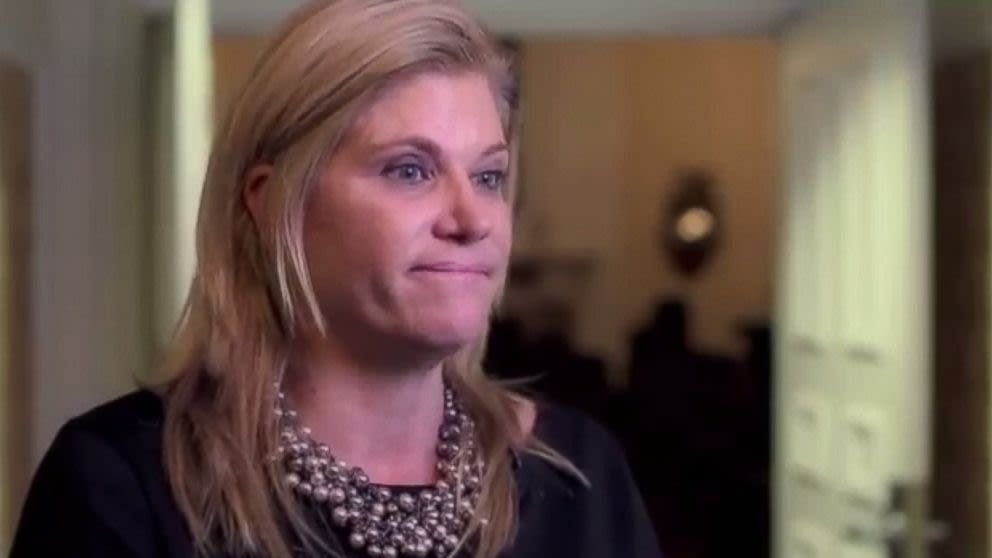
The great-granddaughter of General Mills heiress Marjorie Merriweather Post was found stabbed to death in her luxury Honduras spa, law enforcement officials told the Associated Press.
Nedenia Post Dye, 46, was found stabbed in her spa on the resort island of Roatan, Honduras on Dec. 22.
Lenin Roberto Arana, 25, was arrested and charged with Dye's murder, police officials told The Associated Press.
Arana allegedly said he and Dye were romantically involved, but police said Dye was trying to help Arana quit drugs, according to the AP.
"She was a good woman who worked with young people at risk, drug addicts and alcoholics," Roatan police chief Alex Madrid told the AP.
Roatan police did not respond to ABC News' attempts to contact them.
Madrid said Arana, a local singer who goes by the stage name "Canary," was soaked in blood when police stopped him in Dye's car. Arana told local reporters that he is innocent.
Dye's great-grandmother, Marjorie Merriweather Post, was a businesswoman and socialite, who inherited the cereal company that would go on to become General Mills.
For the past 15 years, Dye had lived Honduras, where she had opened a luxury spa. In a recent talk at her Alma mater, George Washington University, Dye reportedly explained why she picked the Caribbean island to start a business.
"My friend and I had an idea to start a business," Dye recalled. "I wanted to go to Asia but she said 'No, Central America is closer. If [the business] fails, we can swim home.'"
During the talk Dye also recounted helping at-risk youth in the area with a program for talented soccer players.
"These are kids with no resources. Their family unit is broken. The kids have to leave school to work," Dye said.
According to the report from George Washington University, Dye is financing a project in which teens are taken in by one of Honduras' soccer teams and are educated and trained.
"We now have four kids 'in the pros' and another six getting ready," Dye said.
On Dec. 24, the U.S. Department of State reiterated its travel warning to U.S. residents visiting or living in Honduras.
According to the State Department's warning, violence and crime remain "critically" high in Honduras and the vast majority of serious crimes on the island are never solved.
"Of the 50 murders committed against U.S. citizens since 2008 [in the Honduras], police have only solved two," the warning said.
However, the warning also states that resort areas, such as the island of Roatan where Dye lived, had much less crime than the country as a whole. LINK


